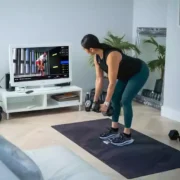Featured on Franchise Corner
View More
Club Pilates Franchisee Finds Her True Calling in Boutique Fitness
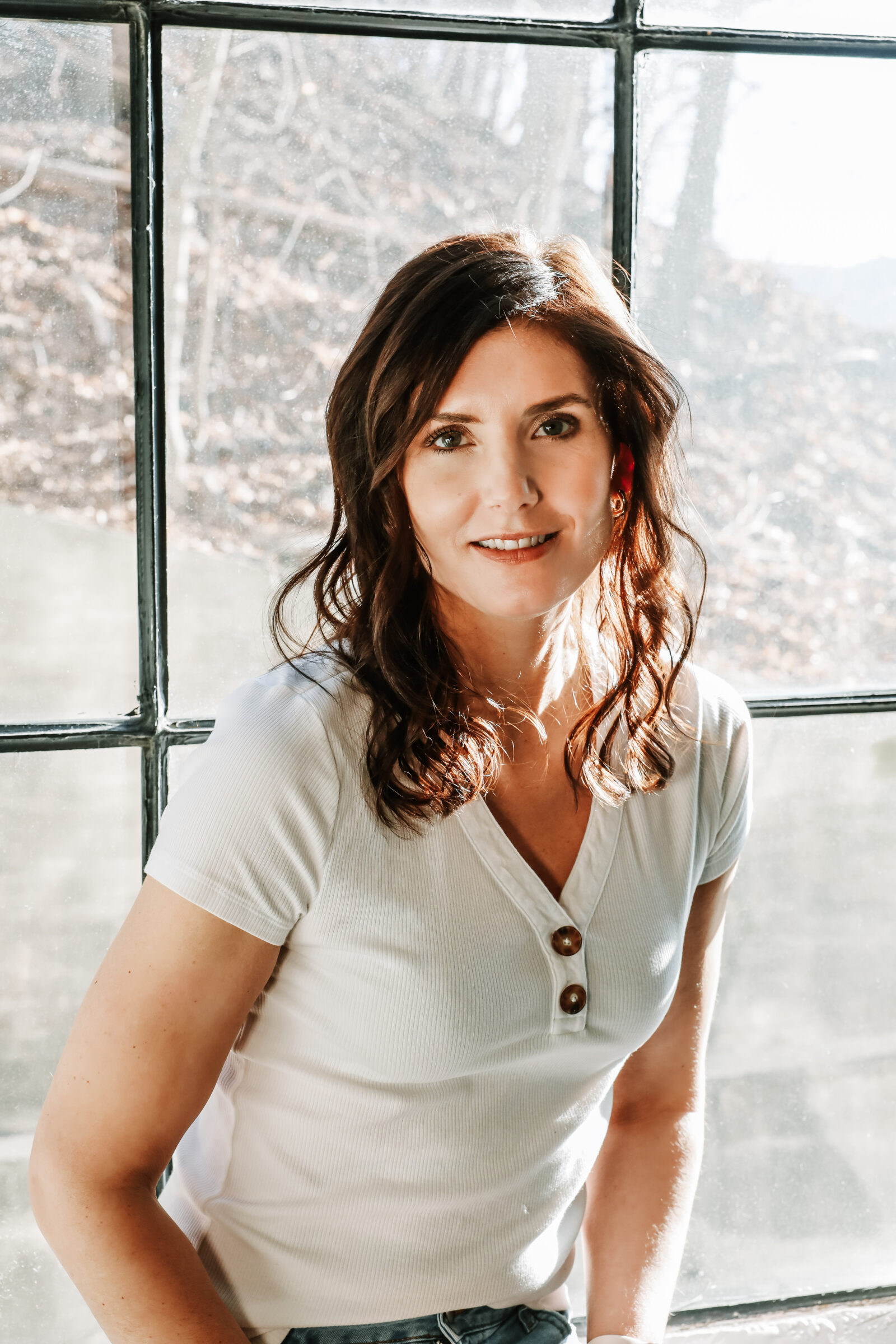
Xponential Fitness franchisee Heather Rhyu shares why she left a successful Wall Street career to become a boutique fitness entrepreneur
Heather Rhyu got into the fitness business almost by accident. In 2015, she moved from San Francisco to New York with her husband and baby daughter. Armed with both an MBA and a CFA (Chartered Financial Analyst) certification, she had made it in the world of finance, but felt she was missing out on life.
“I worked really hard to get where I was but wasn’t really that happy to just be sitting at a desk all day,” she said. “I felt like I was missing time with my kid, and had another one on the way.”
One day she got a cold call from a franchise consultant.
“I was skeptical to take her call initially, but was in a place in my life where I was ready to make a change, so I thought, why not. Let’s go for it.”
Rhyu, who was born in southern California but grew up mostly in Westchester, told the consultant about being bitten by the fitness bug during college and her longtime desire to own her own business. A month later, she was presented with three fitness franchise ideas. Although the cycling and kickboxing options weren’t particularly interesting to her, the third idea, Pilates, caught her attention. The franchisor was headquartered in southern California.
“I had a trip to LA planned to visit family, so we tacked on a trip to Irvine. I met the Club Pilates team and really fell in love with the concept, and thought they would be great to work with, even though I didn’t know a whole lot about Pilates back then.”
After doing some research, Rhyu realized that Westchester County, the suburb of New York City where she now lived, was an untapped market for the exercise modality that was beginning to increase in popularity elsewhere in the country. There were a few small studios in Westchester with one or two reformers, which limited their offerings to private sessions or duets (two-person classes). The Club Pilates layout with 12 reformer stations could serve a larger audience and make reformer Pilates more accessible.
Rhyu signed her licensing agreement in the summer of 2016 and a lease a few months later, finally opening her first studio, in Scarsdale, in March 2017. Over the next two and a half years she would open two more, followed by a Rumble boxing gym this year that she co-owns with one of her instructors.
The appeal of the Pilates modality, according to Rhyu, is its stickiness.
“When someone gets into Pilates, they can’t just stop and move to a different form of exercise. Many of our members have been with us since day one. It is the only thing that works forever. It’s such a good thing to be doing for your body, and it makes your body actually feel better and work better. I play a lot of tennis. I like to stay active. But when I don’t do at least two Pilates classes a week, I definitely notice the difference with my back. I think you’re just more injury prone without that core workout.”
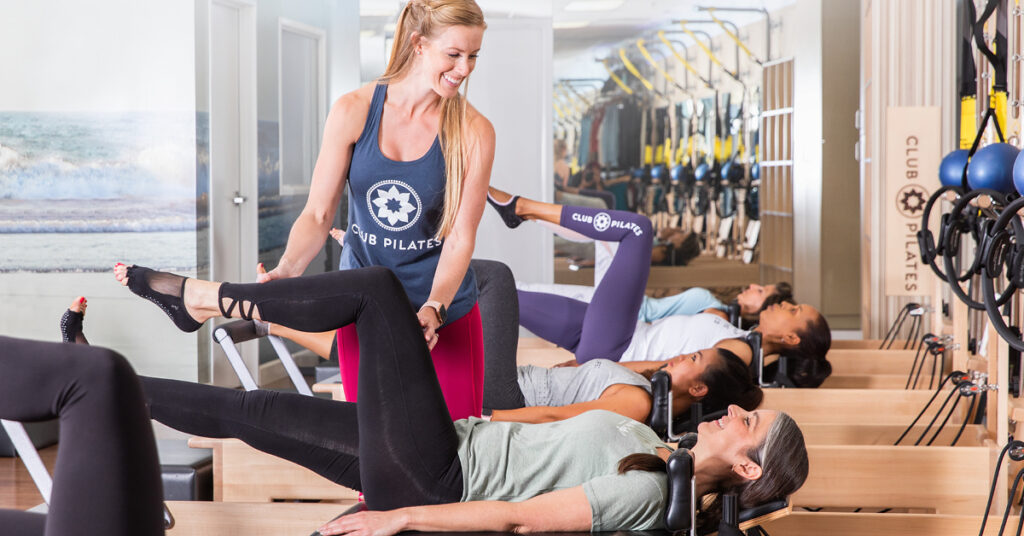
Getting Started
Rhyu got a lot of support from the corporate Club Pilates team in Irvine to help make her dream a reality. She was assigned a commercial real estate broker to work with and given a list of recommended vendors, including a lease attorney and architect. Although franchisees can select their own contractors, they have no say in how the studio is set up.
“All of the Club Pilates have to look exactly the same, and I think that makes a lot of sense for the brand,” she says. “The main studio must have 12 Balanced Body reformers stations, or more if you’re doing a double studio. You must have the TRX, the Bosu ball, the Balanced Body bar and springboard. Xponential makes it very easy. In the private room, you have a little more flexibility depending on how much space you have.”
To run the front and back ends of the business, clubs use an app called Club Ready that is provided by and supported by Xponential. Franchisees don’t need to worry about the tech part.
Pilates was less known when Rhyu was starting out than it is today.
“People were commenting on our Facebook posts saying ‘I don’t even know what this is,'” she recalls. “It took a while to really ramp up Scarsdale. And then by the time I opened Ardsley six months later, the local Pilates community was growing, and that created excitement about the opening. We had a little bit of cannibalization at first, but not too much. And then a couple of years later, when I opened New Rochelle, I think Pilates was more popular.”
Rhyu’s three Club Pilates studios have an extremely active and engaged membership and a full slate of classes that almost always have wait lists. Although she doesn’t do any paid advertising, she receives about 5-10 leads per day that result in the membership growth to replace the 4-5% per month attrition her studios experience (which is lower than the 6% average for the Club Pilates system).
She was able to recoup her investment (which, according to Sharpsheets.io, is typically around $300K per studio) in fewer than the three and a half years it takes the average Club Pilates franchisee. Rhyu said that margins at her studios are strong and financial performance has exceeded her expectations.
For the past several years, her clubs have ranked among the highest in the company for revenue from private sessions. Part of this may be due to the affluence of Westchester County, where median household income is 30% higher than the country as a whole.
Social media is another factor, she says.
“I think all the reformer Pilates studios got a bump in demand and revenue because people were posting about it on TikTok. So, it’s kind of nice because I wasn’t personally posting on the platform, but a lot of others, including celebrities and athletes, were doing so.”
The Advantage of Business Experience
Before Anthony Geisler and Xponential took over Club Pilates in 2015, many of the brand’s franchisees were Pilates instructors. Although they knew how to teach, they didn’t really understand how to run a business. Rhyu feels her business experience has played a major role in her success as a franchisee.
“I was a business major in college, and then right out of college was working in operations for Universal Studios in LA. It was not glamorous at all, but it was an entry point into corporate America. Later, I went back to business school and got into finance. Understanding the business side, the numbers side, really helped. Also, I’ve been on the sales side, too, which obviously is important when you’re in a customer-facing business.”
Although many of the original Club Pilates franchisees stayed for a few years after Geisler bought the company, Rhyu said that as Xponential grew, some of them decided the new business model wasn’t working for them.
“For some of the core crew, it wasn’t the same relationship. It was a different dynamic, and I think some people didn’t like it and decided to get out.”
Many sold to a new breed of franchisees who, like Nashville-based David Schuck, were beginning to accumulate large portfolios of fitness studios. Schuck’s company Spartan Fitness Holdings, backed by private equity firm Snapdragon Capital Partners, is now the largest Club Pilates franchisee with around 40 Club Pilates studios in Texas, North Carolina, Missouri, Ohio and Kansas.
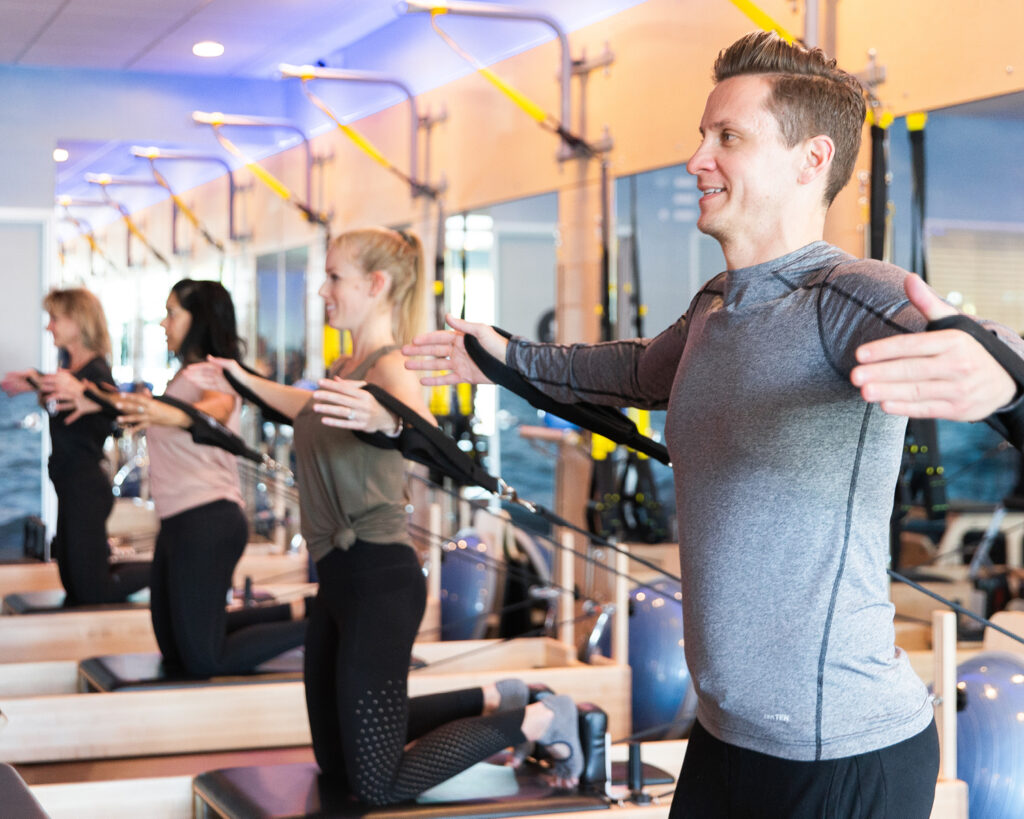
Rhyu is open to buying more Club Pilates franchises if the territories have potential and are conveniently located. But it’s getting harder and harder.
“I feel extremely lucky about my timing because now you can’t even find a Club Pilates if you wanted to open one,” she says. “You’d have to purchase one from another franchisee, or settle for one in an area you don’t want to be in.”
Tradeoffs
Rhyu enjoys some aspects of the business more than others.
“I don’t mind doing payroll, and I enjoy doing the reporting stuff. People are always joking about Excel, but I’m an Excel wizard. Anything that’s related to reporting and numbers, that’s my thing. And I love to be able to go in and take classes and see members.”
Marketing, however, is a side of the business she has not yet acquired a taste for.
“It’s extremely time-consuming, you have to spend a lot of time on social media, email marketing, things I don’t love but that I understand are a key part of the business. There’s a lot of detail in marketing now that it’s gone digital. It’s no longer as simple as you approve this campaign and then it launches.”
Her studios have monthly goals, and part of the managers’ compensation is a bonus tied to results like revenue and member retention. Rhyu feels there’s always room to run the business in a more professional way, however.
“There’s a franchisee who owns five studios in Chicago and has an entire management team of eight or 10 full-time salaried people, including a lead instructor and a district manager. As you open more studios, you can’t be as involved as you were with number one. And I find that the hardest thing for me is to figure out the balance and try to delegate, to empower my managers to take over the things that I was once doing without checking back all the time.”
When asked what the biggest challenges are on an ongoing basis, Rhyu was unequivocal.
“Staff turnover is always a difficult challenge, especially if you lose an instructor who’s teaching a lot, because it’s just so hard to find Pilates instructors. We conduct teacher training every year, but there still aren’t enough of them right now.”
How does she retain talent? “Obviously, compensation matters for everybody, but I also think it’s hard to build and maintain a culture the way our work environment is set up,” Rhyu says. “It’s not like an office where you have interactions with multiple people throughout the day. I have close to 40 employees across the three Club Pilates locations and many of them don’t know each other. I try to organize at least two social events a year.”
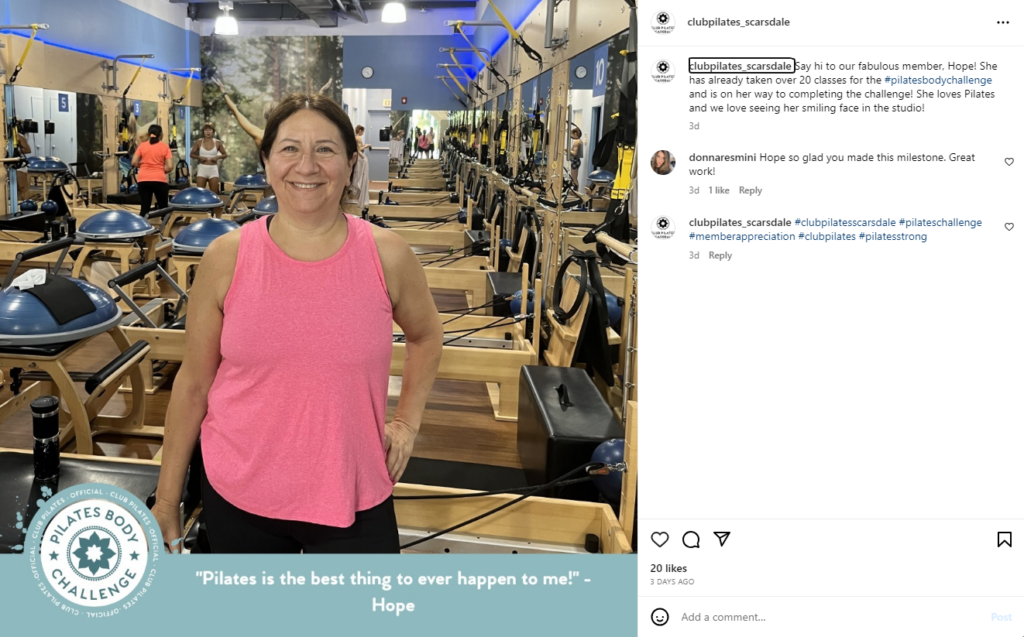
As is always the case in life, there are tradeoffs that come with being your own boss.
“I tell people who are thinking of making this move that you just have to have a strong backbone and be able to deal with the small fires because there really is never a dull day, there’s always something going on, whether your toilet’s clogged, or there’s a leak, or somebody quit, or an instructor didn’t show up, or a member is angry and wants six months of refunds,” Rhyu says.
These “small fires” pale in comparison to the pandemic, however.
“It was crazy, because we were in the heart of it,” Rhyu recalls. “New Rochelle was Ground Zero for COVID-19 in the U.S. I remember having a call with Anthony (Geisler) because I had a staff member in New Rochelle who had tested positive. We thought we could just close that location and keep the other two open. And then within a week or two, the whole world was shut down. We got very entrepreneurial, creating content for streaming and online classes. Luckily, we only had to close the studios for 6 months.”
About that fateful day in 2015 when she took the franchise consultant’s call, Rhyu says, “I’m so happy I made the decision that I made. I can’t imagine still working in the corporate world. I love the life that I’ve built. It’s really allowed me to have so much flexibility and time at home with my kids. If I want to make time to play tennis, I can do it. I think not reporting to someone has been nice, too.”
“Although I give all the credit to my amazing instructors for helping members move and feel better, I feel like I’m doing my part to give people access to something that will improve their lives. I feel like this was what I was meant to do.”


